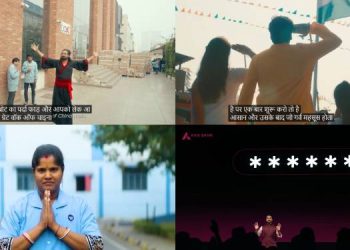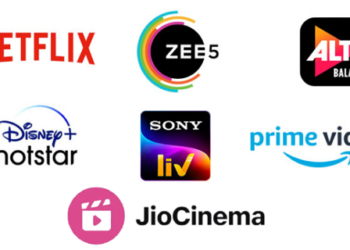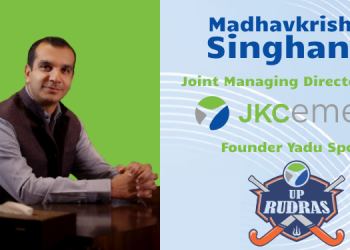To celebrate the spirit of International Women’s Day, Uber announced its new marketing campaign, #WithinHerReach. The campaign aims to sensitize consumers and bridge the gender commute gap by providing women riders safe and reliable mobility solutions.
Uber’s new campaign commenced with a social experiment to highlight the glaring gender commute gap between working men and women. The social experiment questions men and women on their dreams and career aspirations and how far they are willing to go to achieve it.
In an exclusive conversation with Medianews4u, Lucinda Barlow, Senior Director of Marketing for Asia-Pacific, Uber spoke about the campaign, key insights to it and much more
Read on.
What was the idea behind it? How did it start and everything?
Women’s education levels in India have never been higher, also the proportion of women in the workforce is on the decline and this is really concerning as there is a gender commute gap. This is an issue that is around the world but it is particularly acute in India, where three to five women in India are traveling less than one kilometre for work, which means that they’re limiting career opportunities, pay opportunities to stay closer to home. And so this is something that we felt was really important issue for us to shed light on and to spark a conversation about.
It’s an issue that Uber can and should be helping with and we hope that this campaign is going to help create more conversations about safer, more reliable and better options for everyone, including helping women get to work and fulfil their dreams and ambitions.
What were some of the insights that helped you decide or take up this initiative?
A lot of the insights came from the team, but there were insights that we were seeing from the last census in India and from a lot of data that we have seen, the fact that there are similar ambition levels between men and women in India are aspirational in terms of their career, dreams, and education levels are as higher than ever before. Women are graduating out of education, higher than ever before, but why is it that women are not paid on similar levels, there is actually a pay gap and there’s been a lot of focus on the pay gap and we started looking into cultural issues, vital issues, and then this commute gap actually jumped out as a really critical issue.
As I say that distance is actually preventing people from fulfilling their dreams, because they are thinking about safety or there have to be commitments at home or their meetings, to ensure that their family members know that they are safe and have peace of mind.
So it’s been an interesting campaign to think through, and an exciting one for the team to bring to life in India and we hope it sparks a lot of conversation.
So the brief mentions… “Data has shown that Indian women give up on their dreams and career goals due to the distance of travel from home and work”… What’s the source of the data..?
The last census data of India was one of the source of data. We saw that women in the workforce, which is 23.3% in the last couple of years. What the census data also showed is the gap between men and women which is actually the largest in India, it’s 4.5 to 1 in terms of how many men are willing to give up work opportunities versus women. That ratio is pretty concerning and the term gender commute gap is actually a global term, but it felt like it was very acute in India, which is why we wanted to create this campaign.
Tell us about the social experiment that Uber is conducting for the campaign?
Yes, so we will launch the results of a social experiment where we had gone out to men and women and we asked them a very simple question that ‘How far will you go for your dreams and aspirations’ and what we found was aligned with data that we’ve seen is that men and women have similar aspirations and dreams. When asked how far you will travel for work, the results were very different and that women really questioned and held back.
What is the sort of Media mix for the campaign and the duration of it?
The media mix is social, it’s very socially driven campaign and video on YouTube, Facebook, Instagram, Twitter, we have worked with partners, media partners, Vice for India, and Twitter. We’re also doing print and we have engaged with influencers and other people who passionately believe in this cause.
Tell us about how Uber as a company maintains gender equality at the workplace and… What specifically do they do for their women employees in India? Considering the awareness you’ll have about women giving up their dreams due to the distance of workplace and home.
We are obviously an equal opportunity workplace and this is a campaign that we are hoping will spark conversations at work, but of course, that includes us and we have a very strong women workforce in India. 50% of our leaders in our tech units are women leaders and we encourage women to pursue their career paths, we offer great learning opportunities and actually just the ability of peace for everyone to tackle really important and impactful projects.
And lastly, I want to ask you any key learnings that you would love to share?
I would love women to think about the insight in this campaign, think about a gender commute gap. Is it something that you personally have experienced? Is it something that your families have experienced? Is it something that you can talk about, with your families with your friends, your communities and your workplaces? I hope that women don’t let distance get in the way of their dreams, so we want to make sure that those ambitions and dreams are always within her reach, which is the hashtag for our campaign.

















